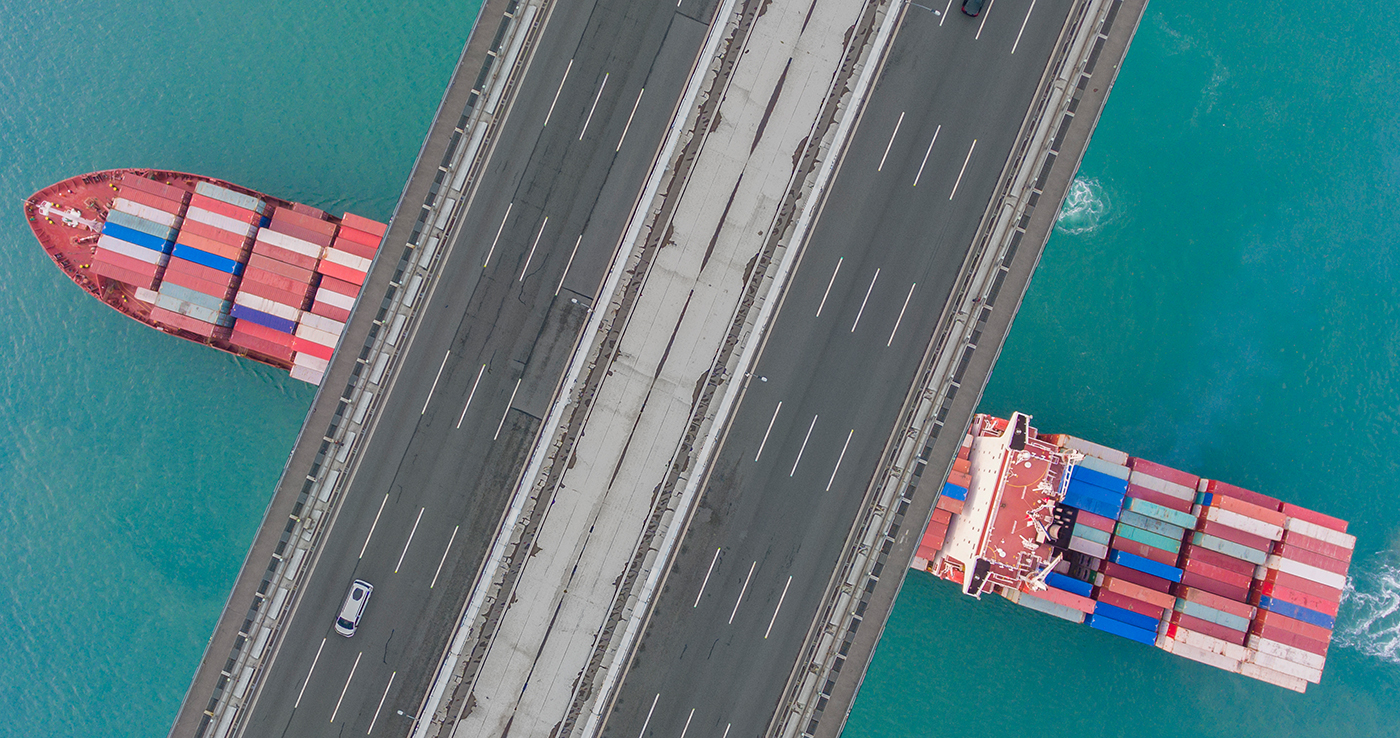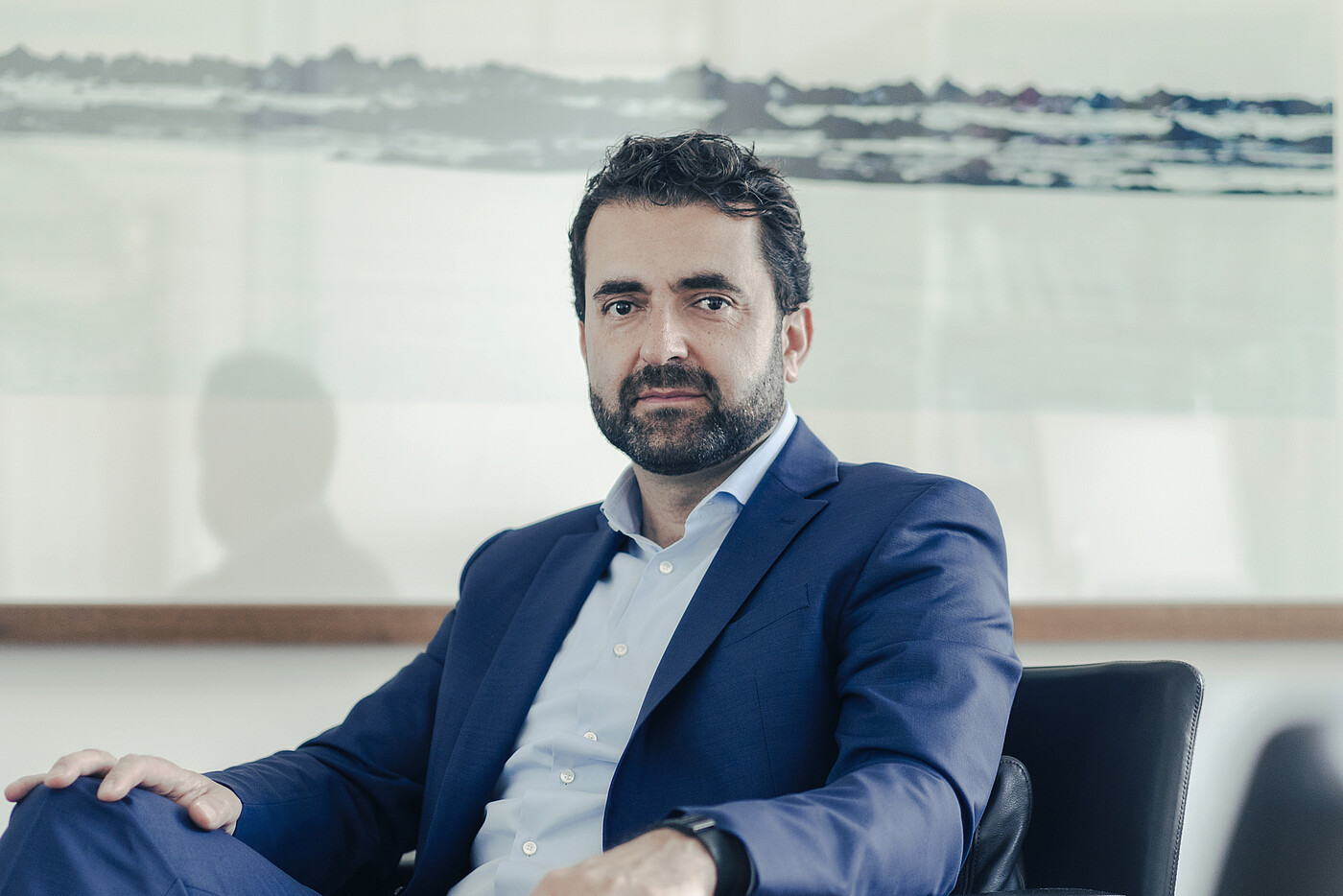By Serkan Agci
In recent years, Germany has had to battle several recessions. A decade of continuous growth after the massive drop in price-adjusted gross domestic product by 5.7% in 2009 due to the financial crisis ended with the Covid-19 pandemic. Germany is finding it hard to overcome the current crisis. The challenges can no longer be ignored. These include changing conditions, for example due to the war in Ukraine, climate change, or the fundamental transformation that needs to be made to implement digitalisation and artificial intelligence. To remain competitive going forward, stronger communications between companies and policy-makers are required.
One thing has not changed: In a country where industry is so closely intertwined with social values and where social consensus is valued more highly than in many other countries around the globe, skill and sensitivity are required when dealing both with employees and the public, as well as political stakeholders.
Corporate communications does not therefore just mean conveying messages. Every word, every gesture, even silence is interpreted by employees, trade unions, the public, and political stakeholders and can have massive implications.
The example of Michelin in the Saarland
Tyre makers Michelin’s plant in Homburg, once a bustling hub of industrial production in the Saarland, is one example of the disastrous effects communications that neglect the public interest can have. When Michelin announced its plans to restructure the plant with the loss of half of the 1,600 jobs there in November 2023, apparently without any warning, a scenario affecting more than just economic aspects ensued. People’s livelihoods, a location, the future of an entire region were at stake. Not only did the announcement come as a total surprise to the affected workers, but also to many political decision makers.
The company cited changing market conditions to justify the job cuts. In addition to the increase in imports of cheap tires, Michelin mentioned high inflation and growing production costs in Germany as reasons for needing to restructure the organisation.
This line of argument may be comprehensible, but it is not sufficient. The difficulties Michelin was facing did not emerge overnight; they came about as a result of changes in the global markets, for example Asian companies pushing onto the markets with far cheaper products due to state subsidies.
The butterfly effect of misguided communications
From many years of experience in advising companies on how to prepare and implement restructuring processes, we know that it is essential to start the dialogue with stakeholders as a strategic tool at an early stage. When dealing with political decision makers, this means that we do not simply need to notify them, but we must see them as partners. Proactive, transparent interaction can help us find joint solutions. It creates trust and reliability. Both are very helpful when quick responses are needed in times of crisis.
We also know, particularly from our work in our Berlin office, that policy-makers have their own interest in a continuous dialogue with industry. After all, in today’s globalised world, misguided communications can be the tiny beat of a butterfly’s wing that may cause a huge storm. Sending the wrong messages or not making intentions clear can give rise to mistrust and throw entire regions into turmoil. This makes Germany less attractive as a location for industry both to foreign investors as well as to German players, who are increasingly considering moving production facilities abroad.
An indicator for Germany’s attractiveness
Politicians also know that in a globalised economy, where the decisions of a single company can be noticed worldwide, how Germany handles restructuring processes becomes an indicator for the country’s attractiveness. Good communications between companies and policy-makers are crucial, especially in the current crisis. It requires a high degree of sensitivity, excellent networking skills, a strong sense of responsibility, and a strategic mindset.
From our Berlin office, we as DAA have successfully built bridges between businesses and political decision makers for many years. We bring both sides together, for example with our “Berlin Dialogue” and “Young Berlin Dialogue” programmes, we have excellent contacts, and we support all parties in understanding each other better. In a world where the lines between local actions and global consequences can be blurred, this is what makes the difference between success and failure.
Photo: iStock.com/bfk92

 LinkedIn
LinkedIn
 Twitter / X
Twitter / X

